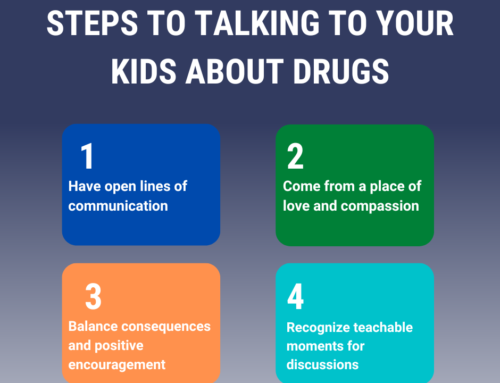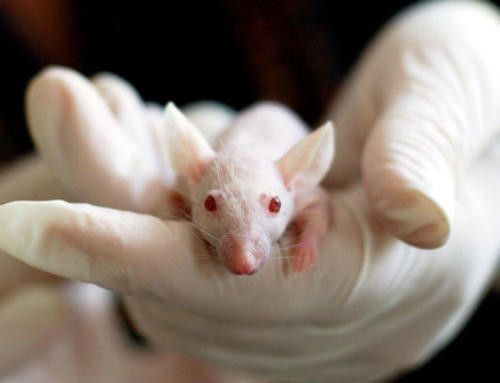When we look at the drug statistics for common opioid overdoses, we tend to think of adults. The truth is that for the past eleven years, teens and children have been admitted to the hospital for drug overdoses. It is important for parents to keep a close eye on their children and to keep medication away from their kids as they can become the next victim of opioid addiction.
From 2004-2015, according to CBS News, children and teen overdoses have doubled with teens abusing drugs and children getting their hands on drugs lying around. Federal estimates say that 2.4 million Americans abuse opioids like Vicodin, OxyContin and heroin. In 2013, 135 kids a day were tested positive for opioid dependency. Some came to the hospital in respiratory distress in need of a ventilator and others needed medications to raise their blood pressure. In 31 children’s hospitals, more than 3,600 children were admitted and 43% were taken to the ICU. The numbers rose from 367 kids from 2004-2007 to 643 kids from 2012-2015. A third of those kids were younger than six years-old who took someone else’s medication. Two percent of those children died.
The problem is that health care can be scarce where there are only 4,000 pediatric ICU beds available in a hospital. It can cost $4,500 to care for a child who overdoses. The best thing that parents can do is to keep their medications away from their children and out of reach of them to grab hold of it. One fifth of children also abuse methadone that doctors prescribe to them to treat their opioid disorder but that medication can also be abused. Providers need to teach children how to safely used methadone at home so that they do not replace one addiction with another.
Chief of adolescent medicine Dr. Sheryl Ryan suggests that children keep their prescription opioids in a lockbox to store the medication and for parents to dispose of any extra painkillers. Some police departments have take-back programs where you can give them any unused painkillers. Ryan suggests that parents become a good example to their children as if they see parents abuse substances, they will find that acceptable as well. From ages eight to ten, children should be knowledgeable about substance abuse so that they learn about the negative side effects of addiction and the importance of getting treatment.
Located in downtown Midland, The Springboard Center’s mission is to offer programs and services to treat alcohol and drug addiction treatment using an evidence based curriculum, 12 step programs, diet, nutrition, exercise, emotional, mental and spiritual development for a long recovery. For more information, please call us at 432-620-0255 as we are open 24 hours a day, 7 days a week.




